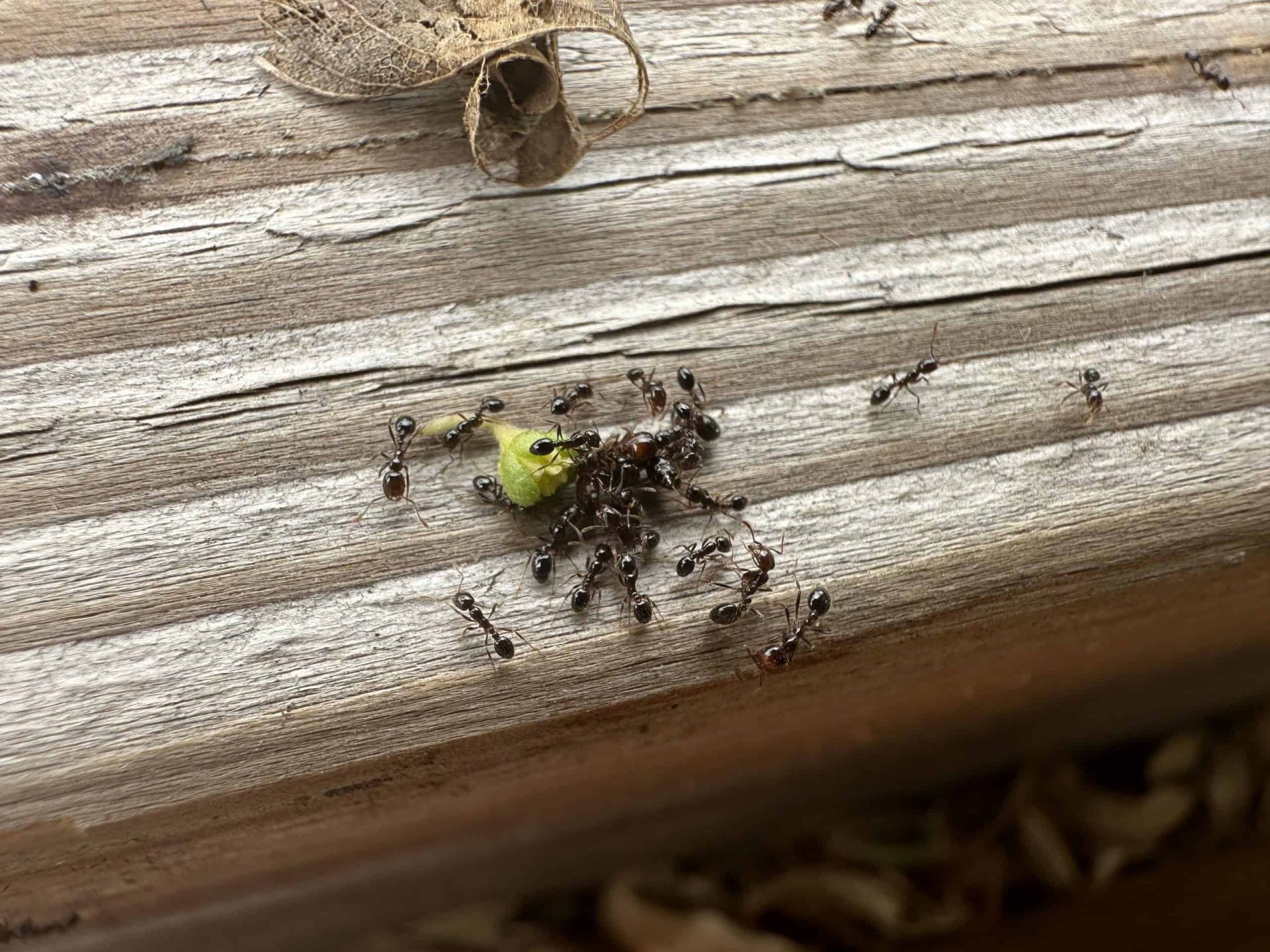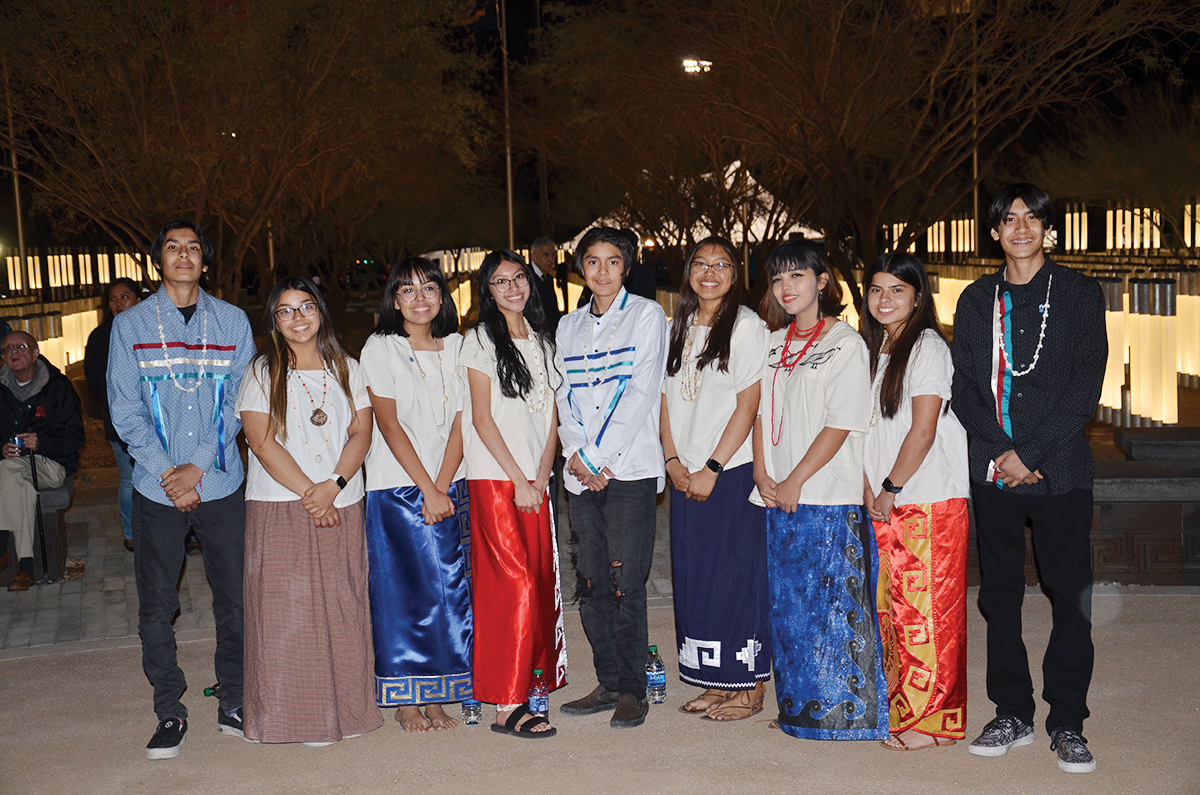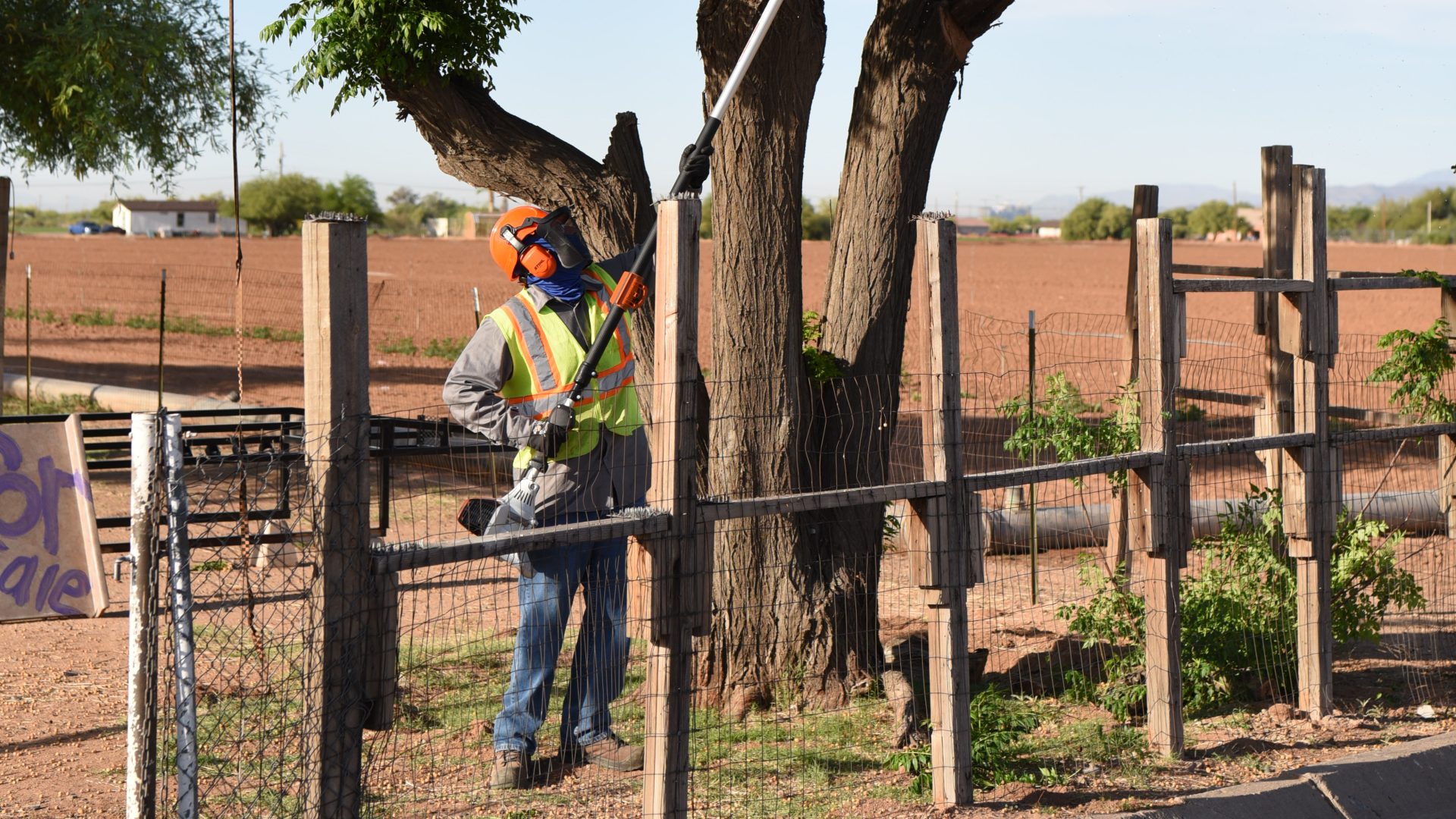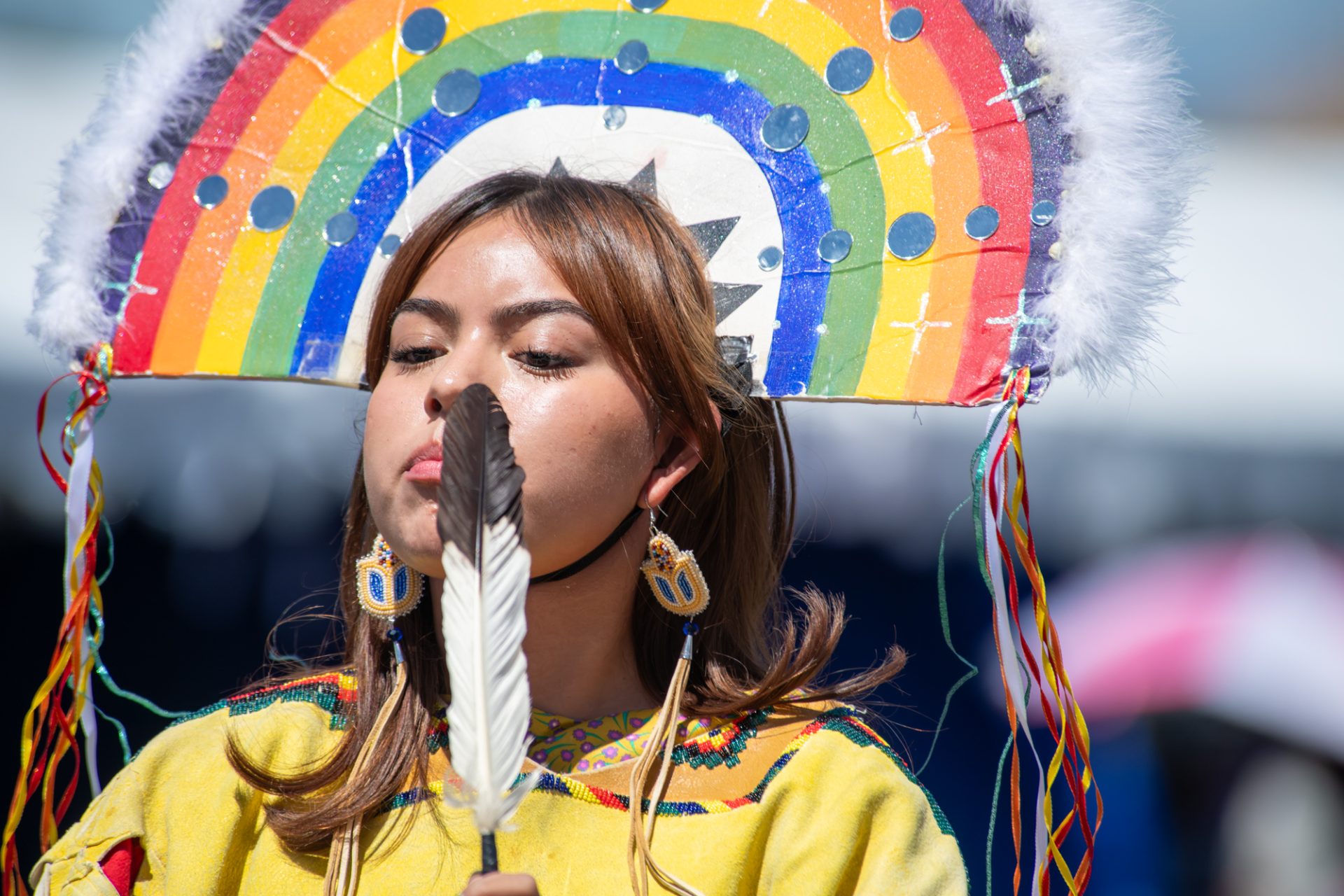VIEWS: 3712
September 6, 2023O’odham Cultural Significance of Ants and the Importance of the Traditional Knowledge
If you are out in your garden, especially during monsoon season or warm weather, you might see an abundance of ants (Totoñĭ in O’odham) maintaining their home on your plants and in the dirt around you.
Sometimes, ants enter your home and travel around on the floor or the countertops, or they could end up on your feet. You should think twice about harming the ants in any way, according to O’odham Education Specialist Malia Garcia.
“The way I was taught is [that] we need to respect the Totoñĭ because they were the first [insects] that were put here when the Earth was made in the beginning. It’s a part of our stories,” said Garcia.
As with O’odham traditions, certain stories are not talked about outside of wintertime; however, Garcia can share the O’odham importance of Totoñĭ, which is traditional knowledge that Garcia said is especially important for the youth to carry with them.
“I’ve learned to try to find a way to say things to where it would help the young people, because there are a lot of our people who don’t understand these traditions, not only in my Community (the Gila River Indian Community), but at Salt River as well,” said Garcia.
According to tradition, the Segoi (O’odham for greasewood or creosote) is the first plant that was created.
From there, different kinds of Totoñĭ were created with their different purposes. “So, one of the different kinds of Totoñĭ, the Wuimal [in O’odham], or the velvet ant, that’s where our clans come from,” said Garcia.
O’odham have songs in the Ant Series, where the singer who usually carries those songs will come from that ant clan, and they will teach others the different things that the Totoñĭ do.
If there are ants near you and you must remove them for any reason, Garcia said there ways to do so that are traditionally acceptable.
“Go to where their little hole is, dig it up and move that earth somewhere else, and then give them something, offer them something,” she said. “We’re always supposed to apologize to them and tell them we didn’t mean to disrupt their home. We believe that if we don’t do those things, then they’ll attack us and bite us.”
Salt River Pima-Maricopa Indian Community Council member Jacob Butler offered another solution.
“You can also take some dirt from somewhere else and give [the Totoñĭ] a little bit [of it] for their home. It will keep them busy, you can continue to work, and you’re not harming them,” Butler said.
The Importance of the Traditional Knowledge
Since 2006, Garcia has dedicated herself to educating the Community about O’odham culture and language, which go hand in hand.
She used to take kids in the after-school program to the river and point out things like the Totoñĭ and Segoi, explain how they were created, and educate the students to not step on the Totoñĭ.
Many of these traditions can be considered a “fairytale” to some people, according to Garcia, but she said that carrying the stories is what she was meant to do for the Community.
While Garcia was growing up in the O’odham culture and learning what her role was as an O’odham woman, she was sent to a Catholic parochial school.
“I couldn’t understand why I had to be sent to a school, when I already knew my place as a young girl,” she said.
She said she would get punished if she didn’t learn the English language right away. In fourth grade, Garcia told her grandmother that she didn’t want to go to school there anymore. Her grandmother let her stay home so she could continue to practice her Himdag (way of life). When she came back home from school, she said most of the kids her age went away to boarding schools.
“They came back and they were different people. The whole world around me changed. My family and my reservation changed.”
Now she said one of the most important things for her is to help her relatives.
“In my head, it’s always O’odham thinking. I’m going to help my relatives in Salt River, and they’re going to help me,” she said.
Words For Ants
Because there are many different types of ants in the desert, the O’odham and Piipaash have different names for them. Some of the O’odham words to describe the ants are: Cuck totoni (black ants), Vepeki totoni (red ants), A’al totoni (“baby ants”/small ants), U:v totoni (smelly ants), and A’anam totoni (“winged ants”/flying ants).
Some Piipaash words to describe ants are: Chmduuly (ant), May nyxat (velvet ant), Chmduuly xwet (red ant), Chmduuly nyiily (black ant), Chmduuly kwyer (flying ant), and Xanspuk (small black ant).







